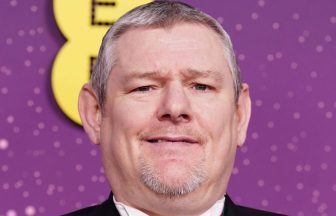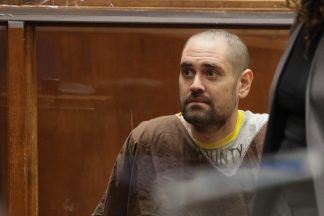Morten Harket, the lead singer of A-ha, who was behind the 80s hit Take on Me, has been diagnosed with Parkinson’s disease, the band has announced.
In a statement published on A-ha’s website, Harket said he had kept his condition secret for some time, as he did not know how it being public knowledge would impact his life.
But the 65-year-old said now was the time to tell fans.
He said: “I’ve got no problem accepting the diagnosis. With time I’ve taken to heart my 94-year-old father’s attitude to the way the organism gradually surrenders: ‘I use whatever works’”.
He added: “Part of me wanted to reveal it. Like I said, acknowledging the diagnosis wasn’t a problem for me; it’s my need for peace and quiet to work that has been stopping me.

“I’m trying the best I can to prevent my entire system from going into decline. It’s a difficult balancing act between taking the medication and managing its side effects.
“There’s so much to weigh up when you’re emulating the masterful way the body handles every complex movement, or social matters and invitations, or day-to-day life in general.”
The Norwegian national shot to fame in the 1980s with the pop trio’s international hit Take On Me, which was released in 1985.
He has had a prolific music career releasing over 10 albums with the band and several solo projects.
In the statement issued on the band’s website, they Harket’s ability to live a full life despite his diagnosis had been greatly advanced thanks to advancements in treatment at the Mayo Clinic in the United States.
In June 2024, Harket underwent brain surgery in which electrodes were implanted deep inside the left side of his brain. These are connected to a small pacemaker-like device placed under the skin of the upper chest that sends electrical impulses through the electrodes into the brain. The method is called deep brain stimulation (DBS) and is among the most advanced treatments in neurology.
Harket said the procedure had the desired effect, with the right electrical impulses now reaching Harket’s brain, most of his physical symptoms had vanished.
He underwent a second surgery in December 2024.
Parkinson’s disease is the second most common neurodegenerative disorder after Alzheimer’s disease.
It is unknown what causes it, but the main symptoms include involuntary shaking, slower movement than usual, and muscle stiffness.
Follow STV News on WhatsApp
Scan the QR code on your mobile device for all the latest news from around the country






























